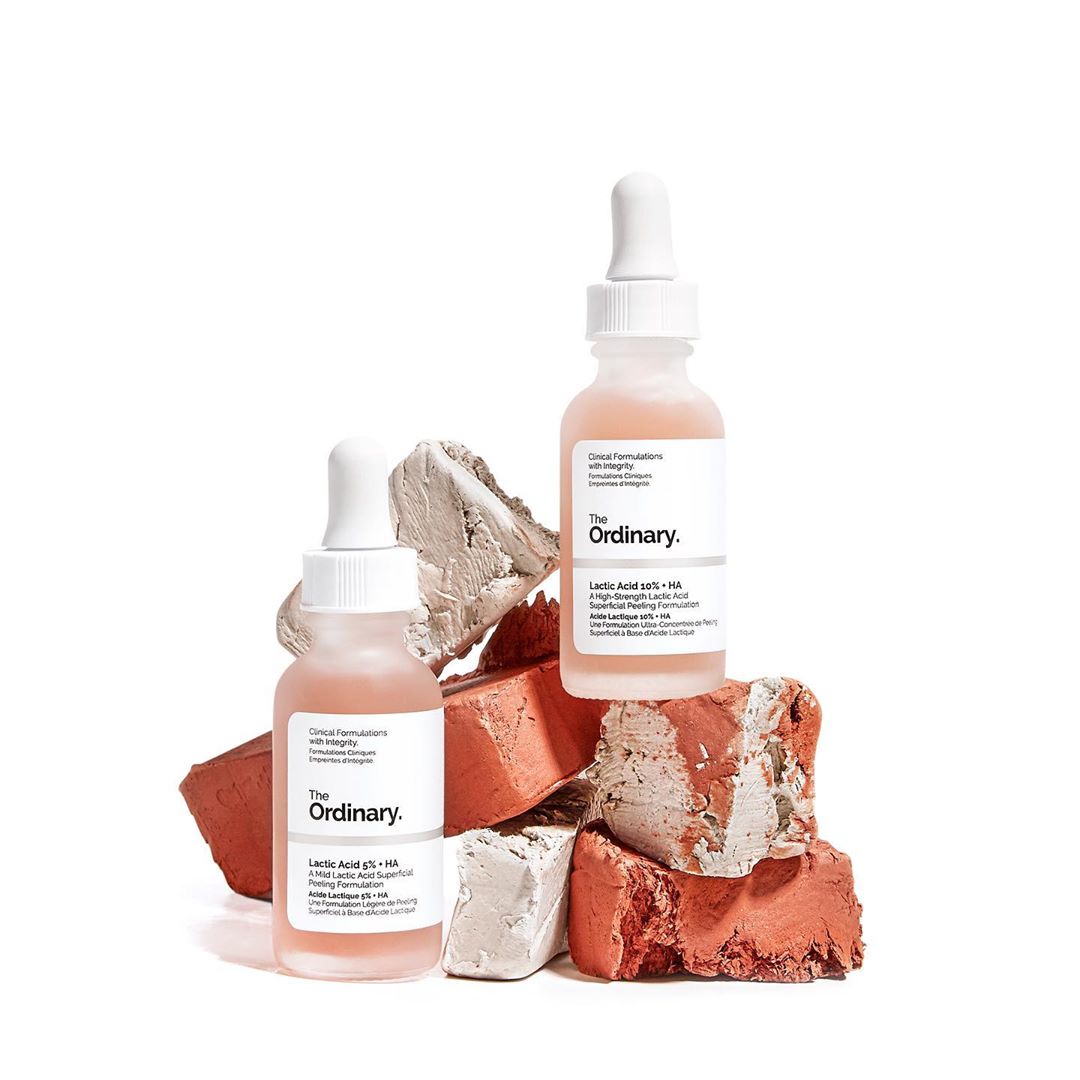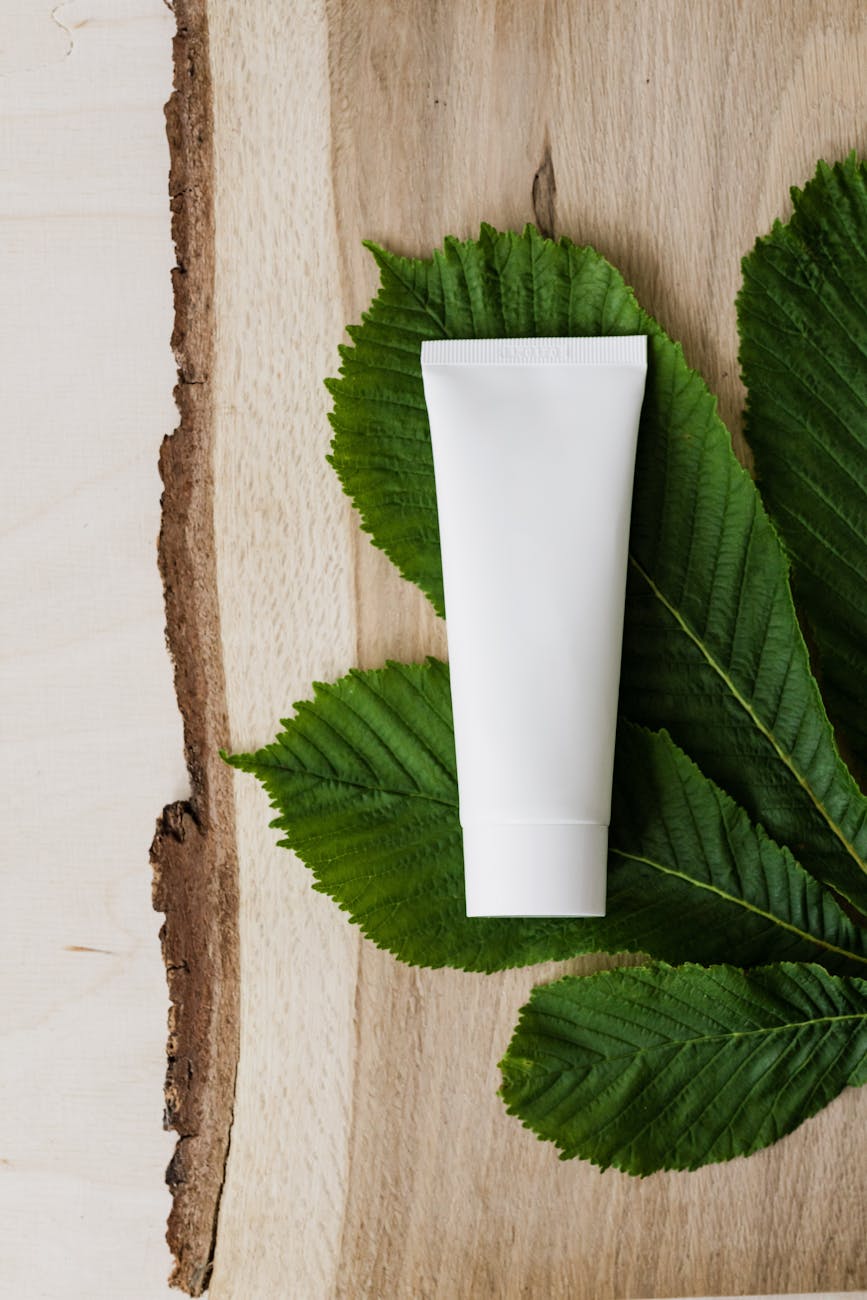Direct acids are intimidating. It doesn’t matter how you want to dress it up, if you are not used to working with them they are a scarey step to add into your routine. No matter how many posts I do on them there are still so many questions that I am DM’d and I think that has a lot to do with the sheer volume of information there is on them out there. Also, how vital everyone seems to say they are. Lot’s of infomation + lot’s of emphasis placed on something generally leads to confusion/mass hysteria (covid-19 anyone?).
So, here we are again. I want to try and answer a few FAQ’s in one post, as simply as I can because I firmly believe that using an acid in your skincare routine can be much simpler than it is made out to be. Let’s first recap on what exactly lactic acid is.
Lactic acid is now known as the ‘sensitive skin hero’
First and foremost lactic acid is used in skincare to exfoliate the skin. What I mean by that is it works to slough away dead skin and eliminate discolouration. It does this minus the irritation. So, you may be thinking ‘there are lots of acids’ that do this i.e glycolic, salcylic, why would I use this one?’
Well, the key advantage lactic acid has over these two is that it is less irritating than them because it’s a larger molecule. This means that it cannot sink as deeply into the skin therefore, limiting the effect it has on the skin’s barrier. So, if you have sensitive skin then this is what you should be using. However, there are other acids that are even more gentle than this one. It really all depends on your skin’s sentisivity and if you’re not sure where you skin is at the best way to test this is through trial and error. Obviously only using a small amount on a small patch of your skin to check irritation levels.
Qs
What does lactic acid do for our skin?
When applied to the skin, lactic acids stimulate the exfoliation of surface skin cells by interfering with the bonding between these cells. This causes the sloughing off of dull, rough skin and promotes cellular renewal by increasing cell turnover rates in the upper layers of your skin (epidermis), so you have younger, plumper skin cells within the skin.
What is lactic acid used for?
In skincare it is used as exfoliation. In doing so it improves the skin’s texture, the appearance of wrinkles and it improve skin discolouration by reducing hyperpigmentation. It also has uses in food preservation and the production of polymers.
Will lactic acid irritate my skin?
Yes if you have very sensitive skin. No if you don’t – to put it simply. That is not to put you off however, because if lactic acid does irritate your skin there are other options available to you still like, mandelic acid. In genral, lactic acid shouldn’t irritate you if you have normal skin.
How often should I use my lactic acid?
Most advice out there will say once or twice a week is plenty. If you have sensitive skin then that’s probably all you need and if you are new to using acids than I would definitely stick to that advice. Take it slow and wait to see how the product is reacting to your skin.
Does my skin type work with lactic acid?
I think skin types are a slightly dated way to look at skin although sometimes they give a good indication as to where your skin is at. When it comes to acids its very important to look at how sensitive your skin is and that means checking for signs of irritation when applying products. Does your skin sting, does it turn red, does it breakout? If that’s true after applying a certain product/acid then it’s probably too irritating for you. Other than that acids, including lactic acid, is fine for just about anyone to use.
Product recommendations
Allies Of Skin Mandelic Pigmentation Corrector Night Serum – especially good for very sensitive skin




Leave a Reply